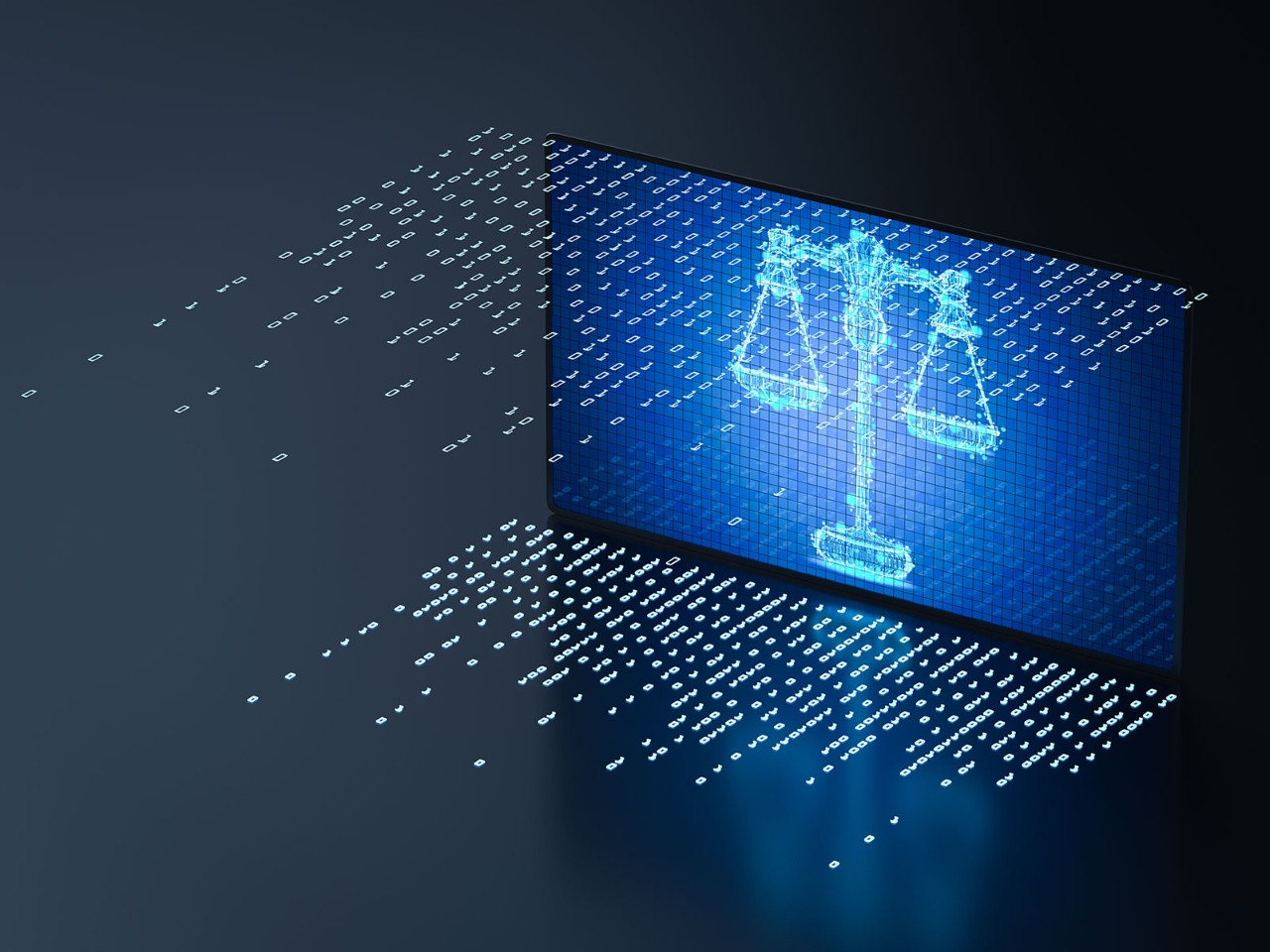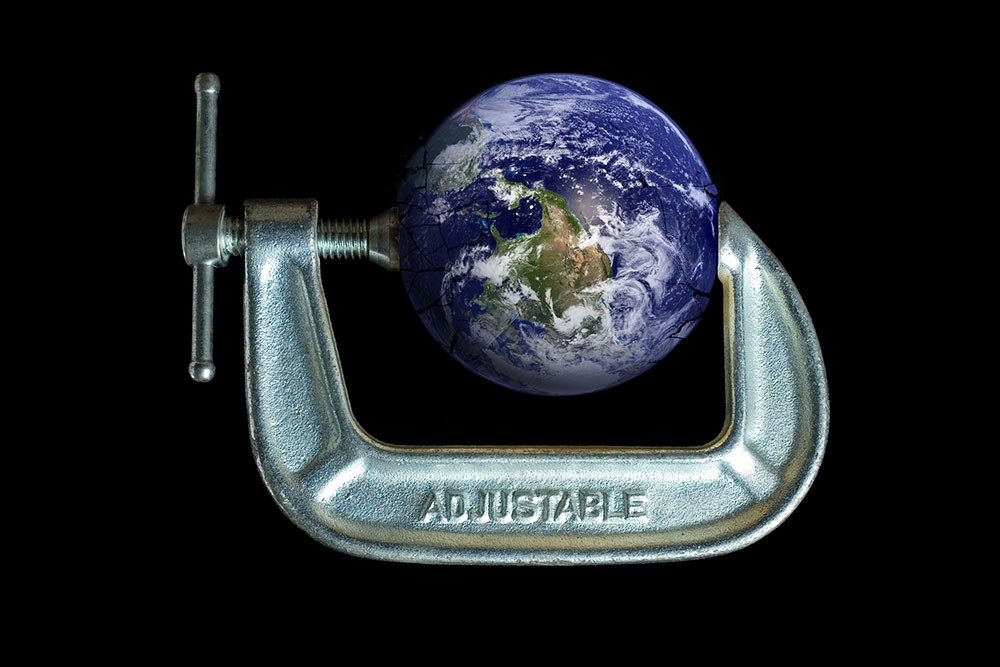
Accountancy firms are currently facing two significant challenges: the upsurge of AI-based systems in traditional work practices and the impact of Covid-19. The pandemic is likely to accelerate the increasing reliance on automation and artificial intelligence (AI), transforming everyday business practices and instigating some reflection on the future direction of the profession.
That makes it timely to reflect on an important related matter: if some accounting roles can be replaced by machines, could ethics be automated as well?
What is ethics?
We first need to clarify what ethics is, as the term is commonly used and risks becoming a buzzword for ‘good’ corporate intentions. Throughout the history of ideas, the concept of ethics has been developed in many and multifaceted ways, with approaches focused more on establishing desirable principles and norms rather than on the individual who acts.
If ethics can be condensed into a collection of rules, it is not so hard to imagine that the ethics of accounting can be automated, with machines instructed to abide by predetermined rules.
However, ethics is not only about rules; it also comprises the qualities of the individuals who perform the actions, and the reasons why they act.
Ethics is not only about rules; it also comprises the qualities of the individuals who perform the actions
Global webinar
Join ACCA’s Big Ethics and Sustainability Conversation on 21 October
Aristotle’s virtues
Aristotle refers to ‘virtues’ – the habitual dispositions to do the good. He explains that those who live a virtuous life are constantly striving to become the best version of themselves and to contribute to the good of society.
In this sense, ethics may be viewed as a guide to human excellence.
It can inspire a more holistic reflection on the ethics of a profession such as accounting, in which a prominent role is given to both the public interest and the moral character of individual accountants, who are called on to exercise judgment in many unique circumstances.
Complex judgments
In the context of their daily work, accountants make complex judgments, with reference to available data, current technologies, specific clients, and the legislative and regulatory parameters in both their own and their clients’ jurisdictions. They assess pertinent factors in light of their expertise, experience and professionalism. And finally, they form their judgments.
AI-based systems can clearly replace certain ‘routine-based’ judgments, as the World Economic Forum’s Future of Jobs Report, 2018 highlighted, rendering some accounting roles increasingly redundant.
However, accounting practice also comprises significant areas where specific human judgment is required in both technical and ethical aspects.
For example, during the Covid-19 pandemic, matters such as going concern assessment, asset impairment, and estimations in relation to contracts that require negotiation as a response to the crisis all require consideration of aspects that are not routine, are subject to a multitude of constantly shifting complexities, and impact wider public interest concerns.
AI’s limitations
In light of such considerations, a number of key questions arise. Can AI-based systems replicate or completely replace the judgment of a human accountant? What attention should be afforded to particular situations and nuances? What is the role of the experience, expertise and professionalism of individual accountants?
If an AI-based system forms a complex judgment and ultimately attains an incorrect or inappropriate outcome, who is responsible for that judgment? How can we ensure that AI-based decision-making supports the public interest?
Looking ahead
We suggest that AI will play a significant role in the future of the accounting profession for some, but not for all, aspects. The ethical responsibility relating to some judgments will therefore shift to those who define the algorithms that ultimately map out a trajectory to a particular judgment or outcome.
However, new highly skilled and specialised roles will be needed in a renewed marketplace, and many of these roles will comprise a form of human judgment that cannot be replaced by an algorithm.
Ethical responsibility for some AI-based judgments will shift to those who define the algorithms
Automation will therefore prompt accounting ethics to reflect on the intended outcomes of the automated processes, and on the moral qualities of the accountants of the future. Applying an Aristotelian perspective spotlights the role of human judgment, and considers the impact of both the accounting profession and its individual members in relation to the public interest.
In light of this renewed context, there are considerable challenges ahead for professional accountancy bodies, practitioners and educators.
Professional practice, professional training and continuous professional development will need to refocus in relation to the acquisition of new skillsets to master new technological innovations. Ethics education will also need to be reshaped, to integrate the wisdom of ancient philosophers into the wave of new technologies.





